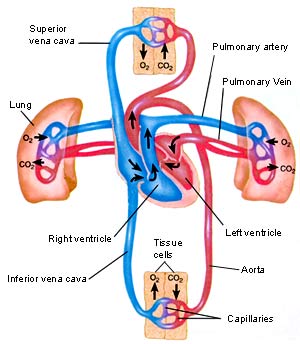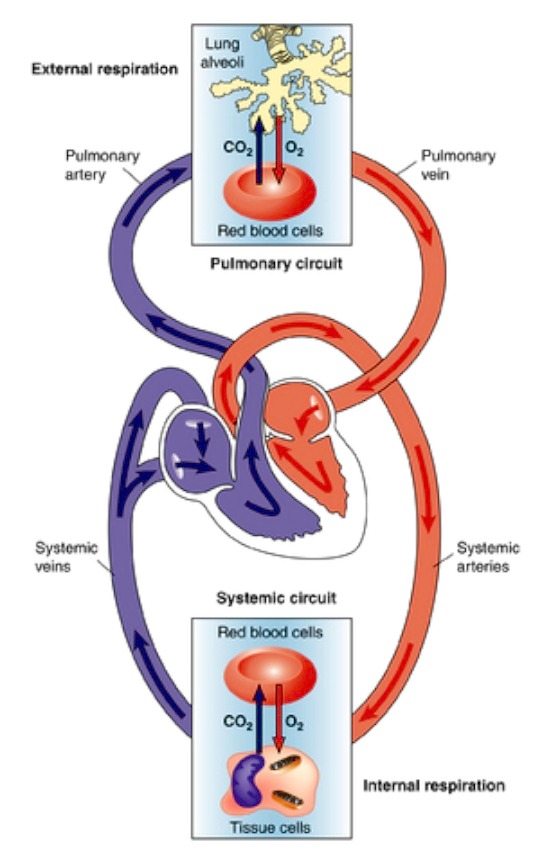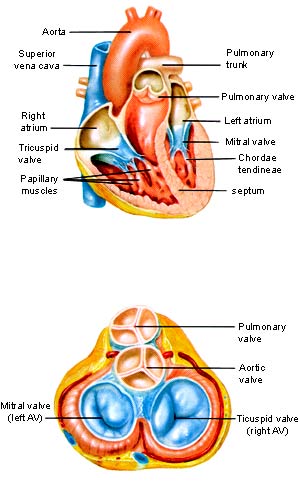Difference between Pulmonary and Systemic Circuit

Pulmonary and Systemic Circuit are two major circuits in four chambered heart that also pumps blood through a network of vessels. Without these major circuits, human beings would have a hard time to live, breath and function. However many believe and think that Pulmonary and Systemic Circuit are not different but work as a single way and pumps blood in and out of the heart. Although this is relatively true, each major circuit serves its own purpose which is very important for a four chambered heart to function properly. Research shows that Pulmonary and Systemic Circuit have their own unique ways to perform the task of pumping blood inside the heart as they perform their duties of keeping the blood flowing through the system. The pulmonary arteries which carry blood from right ventricle is called Pulmonary Circuit while systemic circuit delivers blood to the capillary beds. These two systems are different in the way that blood is pumped through the heart.
Instructions
-
1
Pulmonary circuit
The pulmonary arteries which basically carry blood from right ventricle to lungs is called pulmonary circuit. In pulmonary arteries along with pulmonary veins and pulmonary capillaries, gases take place. This circuit also carries the blood to the left atrium. Starting from the right ventricle, the pulmonary circuit ends at the left atrium. Here oxygen-poor and carbon dioxide-rich blood comes back into the body and enter in the right atrium. The blood later goes into right ventricle via the pulmonary truck. The four chambered heart then pumps into the lungs via the pulmonary truck. Basically it performs two main functions. First is to supply the blood to the lungs and second is to enrich oxygen.
- Image Courtesy: prevent-stroke-and-heart-attack.com

-
2
Systematic circuit
This circuit delivers blood to the capillary beds. This circuit is slightly complex than pulmonary circuit. When heart circulates blood into the body, the left atrium receives blood from systematic veins. The right atrium pumps oxygenated blood into half of the heart. It is also important to mention that systematic circuit has most of the blood volume which is almost 84% of the total blood. The systematic circuit starts at the left ventricle and ends in the right atrium. When heart pumps into body tissues and then comes back is also called systematic circuit. This circuit is quite long and considered longer than the pulmonary circuit. All the arteries of pulmonary circuit carry oxygenated blood. The left side of heart which is also called systematic circuit spreads oxygenated blood into body.
- Image Courtesy: biosbcc.net








